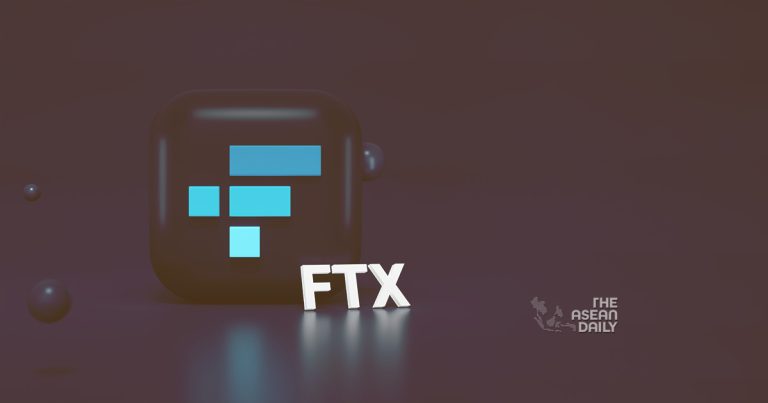10-6-2023 (DELAWARE) In a significant ruling, a Delaware bankruptcy judge, John Dorsey, has decided that the names of individual customers of collapsed cryptocurrency exchange FTX Trading can be permanently kept confidential. The decision, made on Friday, came after a two-day hearing during which arguments were presented by lawyers representing media outlets and the US bankruptcy trustee, both challenging FTX’s request to keep customer and creditor names secret.
Judge Dorsey ruled in favor of FTX, stating that customer identities should be treated as trade secrets. He emphasized the need to protect FTX customers from potential harm by bad actors who may target them through the internet and the “dark web” to obtain their personal information.
“The most important issue here is the customers,” said Judge Dorsey. “I want to make sure they are protected and don’t fall victim to any types of scams that might be happening out there.”
Attorney Katie Townsend, representing the media outlets, argued that the press and the public have a legitimate interest in knowing the names of those affected by FTX’s collapse. She emphasized the impact of the collapse on both the cryptocurrency and financial industries, highlighting the need for transparency.
Lawyers representing FTX and its official committee of unsecured creditors countered by asserting that the customer list is a valuable asset and confidential commercial information. They argued that maintaining secrecy is essential to protect customers from theft, potential scams, and the poaching of customers by competitors. FTX believes that the customer list could be valuable in potential asset sales or reorganization efforts.
FTX filed for bankruptcy in November after facing financial insolvency, similar to a bank run. Founder Sam Bankman-Fried has pleaded not guilty to charges of cheating investors and misappropriating customer deposits for personal gain, including real estate purchases, campaign contributions, and high-risk trades. Three former FTX executives have pleaded guilty to fraud charges and are cooperating with investigators.
In January, Judge Dorsey granted FTX’s request to redact customer names and certain personal details from court filings for 90 days. He also allowed FTX to permanently keep secret the addresses and email addresses of individual creditors and equity holders. On Friday, Judge Dorsey approved the permanent sealing of individual customer names and extended the secrecy period for institutional customer names by another 90 days.
However, Judge Dorsey rejected FTX’s request to shield the names of individual creditors or equity holders covered by the General Data Protection Regulation (GDPR) in the United Kingdom and European Union, as well as those protected by Japanese data privacy laws. He stated that FTX failed to provide evidence of potential harm to these individuals or potential sanctions for FTX if their names were disclosed.
Furthermore, Judge Dorsey denied the request from attorneys representing an ad hoc committee of non-US customers to keep their members’ names confidential. He ruled that if the committee wishes to participate in the case, the names of its members must be disclosed. The ad hoc committee currently comprises 35 members with varying economic interests in FTX, ranging from US$64,434 to US$1.5 billion. Judge Dorsey noted that some committee members may choose to withdraw based on his ruling.




